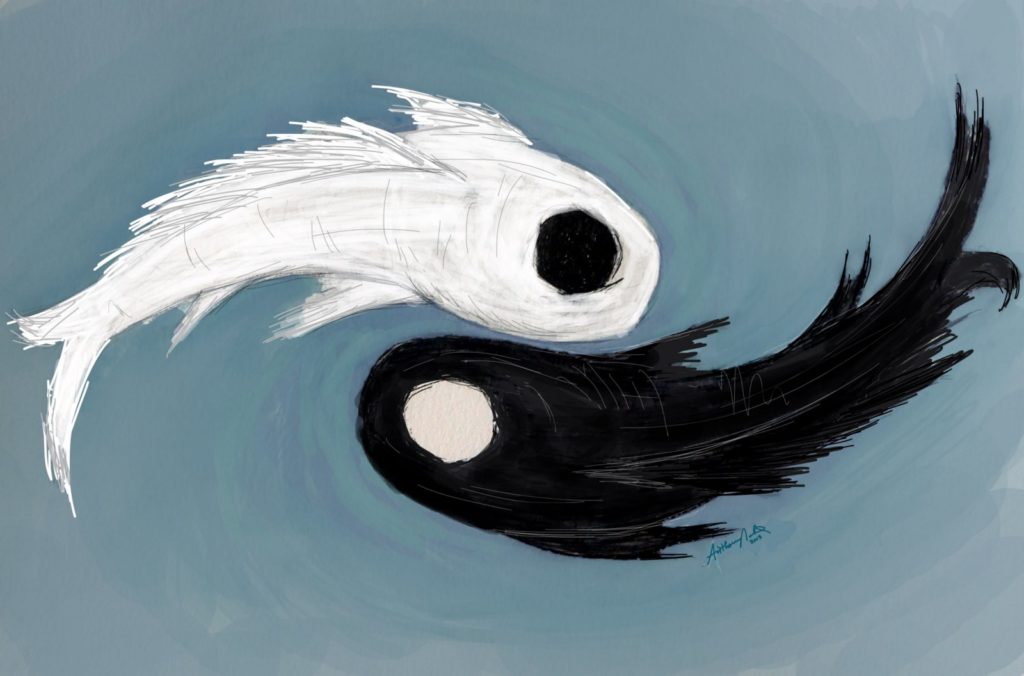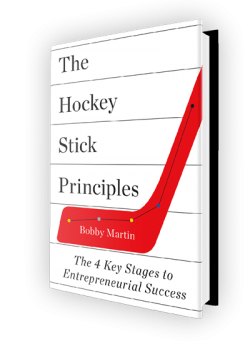In a video documentary about tennis stars Venus and Serena Williams, a film crew followed the sisters throughout 2011, recording how they practice, prepare for tournaments, deal with injuries, and manage their busy day-to-day activities. During one scene, while running on a treadmill right after losing a U.S. Open match 6-1, 7-6 to Victoria Azarenka, Serena was chewing out her hitting partner and confidant, Sascha Bajin, blaming him for her recent loss because his practice hitting was “terrible.”
“You have to play better,” Serena said. “You were just like hitting patty cake… I have to go out there and play girls that want to beat the f—- hell outta me. They don’t play patty cake against me. They hate me.”[i]
Serena’s behavior appeared childish, but she’s the one who has the intensity, drive, and skill to be the best female tennis player in the world.
Entrepreneurs Strengths are Often Their Weaknesses
Successful entrepreneurs often behave like Serena Williams, and the people around them have to take the good with the bad vis à vis some of their extreme psychological traits. Serena’s intensity and competitiveness help her win matches, but they also result in her lashing out aggressively at those around her.
For entrepreneurs, oftentimes the same traits that help them succeed at starting companies can also become detriments as their businesses grow. Traits such as stubbornness, out-of-the-box thinking, and a strong desire for control turn out to be good in terms of helping them create a good idea and never giving up on it. However, those traits can be bad when they prevent them from listening and learning from others’ ideas and opinions.
In an interview on CNBC, actor Ashton Kutcher, who plays Steve Jobs in the movie Jobs, states that Apple benefited from Jobs’ apparent faults. “He was complicated,” says Kutcher. “And he was a very aggressive leader; he had a brutal, blunt honesty that a lot of people are afraid to have. It was his strength, but at some point, it was also his fault…but I think it was all in an effort to service his innovation and his creation.”
This is the entrepreneurial yin and yang. According to the Yellow Emperor, a Chinese emperor who, about 2,700 B.C., pursued medicine, health, and well-being during his reign, yin and yang are “the foundation of the entire universe.” We can’t have light without knowing darkness. He says: “Yang stands for peace and serenity; Yin stands for confusion and turmoil. Yang stands for destruction; Yin stands for conservation. Yang brings about disintegration; Yin gives shape to things.”[ii]
Like how the Chinese constructed yin and yang, the typical entrepreneur’s personality is both an asset and a liability. Therefore, entrepreneurs must learn to balance the effects of their personality traits, especially as their business grows.
A few years ago, friends and I were enjoying beer and nachos while discussing a particular founder/CEO’s leadership style in running his business. A few of them were really dogging the guy.
“He doesn’t know what he’s doing!” one said and offered several examples.
At the time, several years ago, this man’s company had between $5 and $10 million in revenue, but the business had grown to be extremely successful under the founder’s leadership and recently sold for hundreds of millions of dollars.
Today, we can see this founder and CEO, along with his idiosyncratic beliefs and behaviors, also had uncommon foresight to see things clearly, leveraging the positives of being different to his company’s advantage.
But the founder’s associates did not fully respect his quirky business leadership style, and that’s the yin.
Personality and psychology are the inner part of the spirit and energy that drives entrepreneurship. The outer, exterior part means balancing the processes of building a real company, one with noisy, needy customers, vocal employees, complex management processes, diverse cultures, and required profits—many of them demanding the founder’s attention NOW, not later. My advice is this:
Founders: Take your good, with your bad.
[i]Venus and Serena – Documentary on Netflix 1 hr. 23 minutes
[ii]Patricia Ebrey, Chinese Civilization : A Sourcebook, 2d ed. (New York: Free Press, 1993), pp. 77-79 http://academic.brooklyn.cuny.edu/core9/phalsall/texts/yinyang.html
Sign up to get more great insights directly to your inbox.
As a special bonus, you'll also immediately get access to my inside analysis of what made 172 diverse companies achieve take-off revenue growth.

